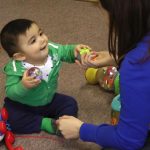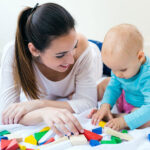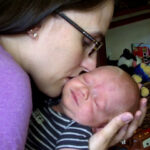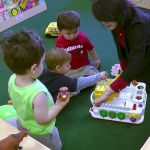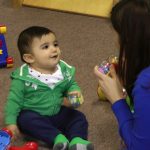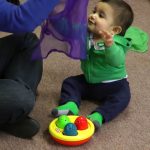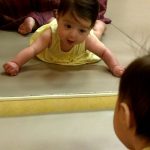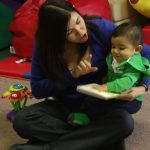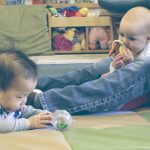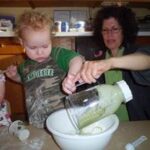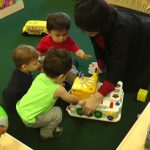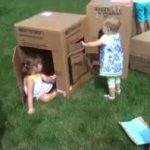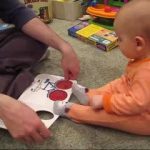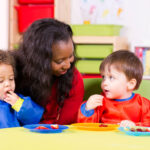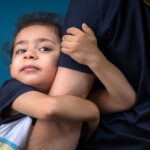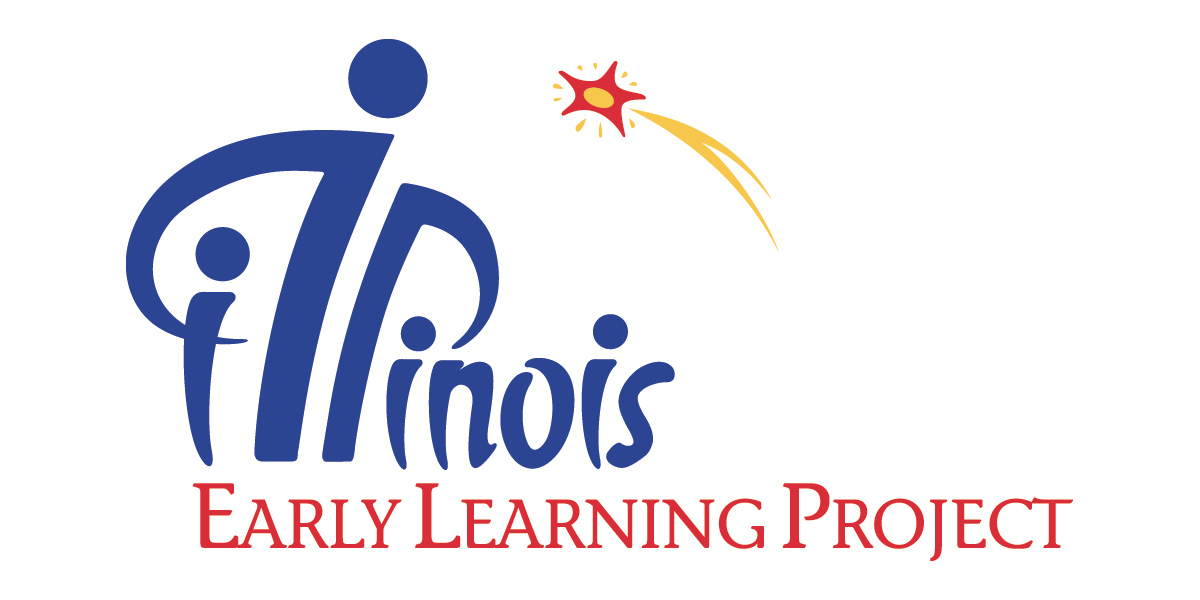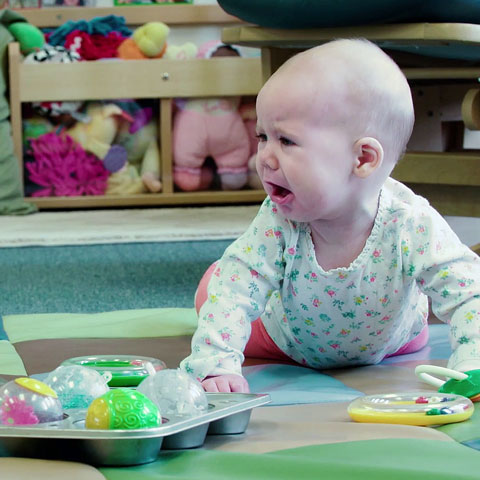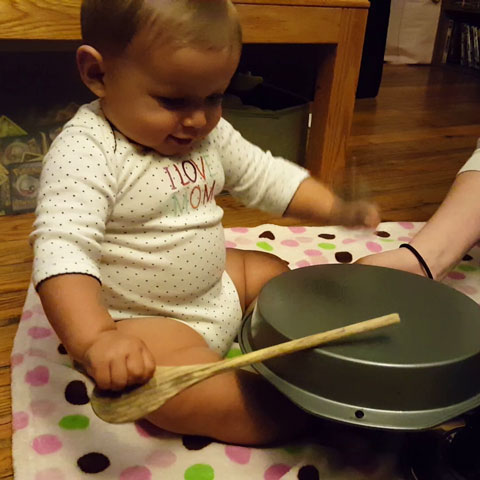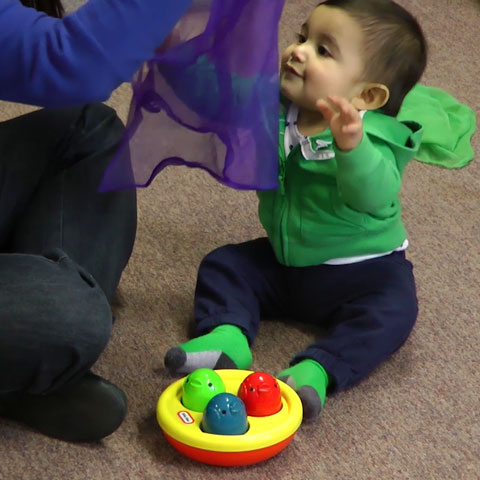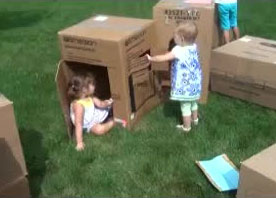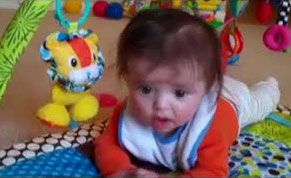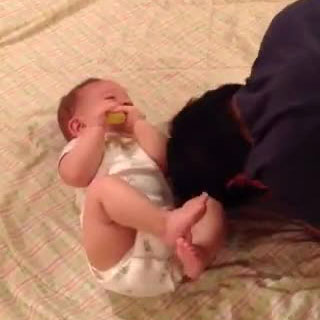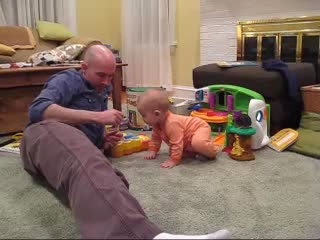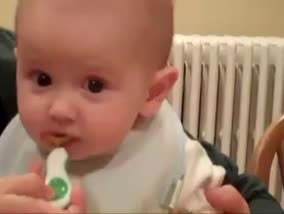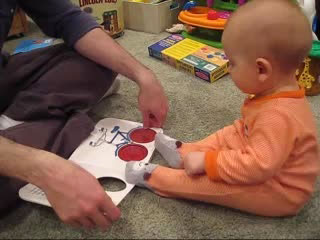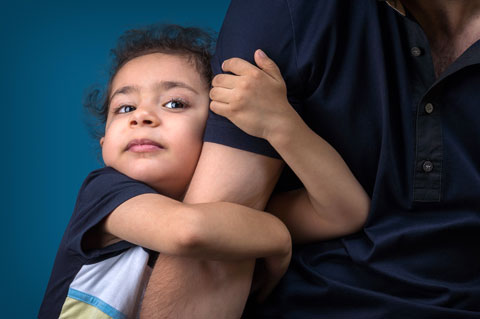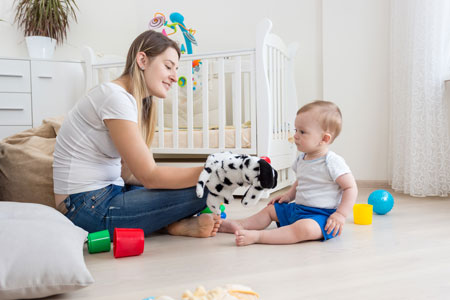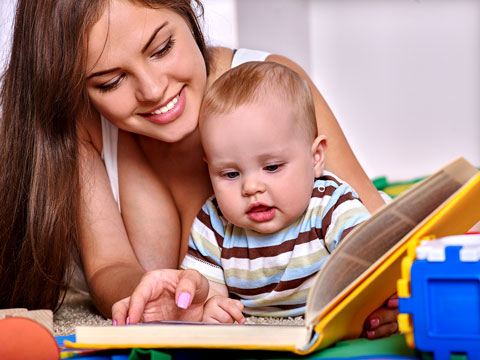Keyword: Infants
-

Dental Health for Babies and Young Children
Strong baby teeth are essential to a child’s health. Families can help promote healthy dental care habits and prevent childhood tooth decay.
-
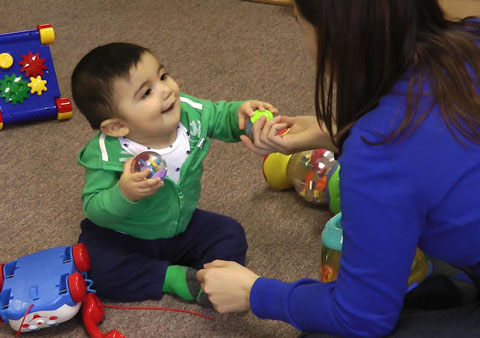
Creativity, Inventiveness, and Imagination
This section of the guidelines describes how infants and toddlers become more purposeful when engaging with their environment.
-
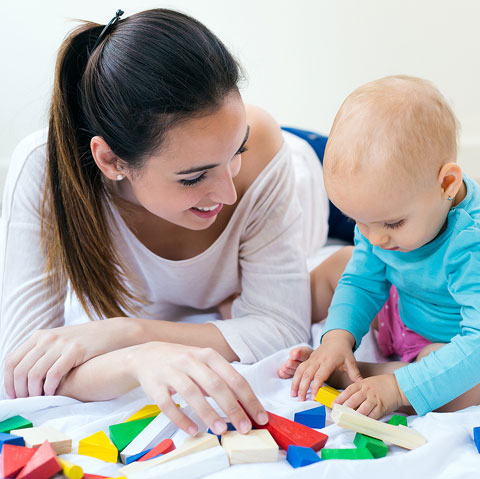
Including Infants and Toddlers with Disabilities in Child Care
On this podcast we talk with Dr. Jenna Weglarz-Ward, an assistant professor in early childhood education and early childhood special education at the University of Nevada, Las Vegas, about the inclusion of infants and toddlers with disabilities and developmental delays in child care settings.
-

The Newborn Period
This Early Learning Moment provides an overview of the Newborn Period as explained in Illinois Early Learning Guidelines for Children Birth to Age 3.
-
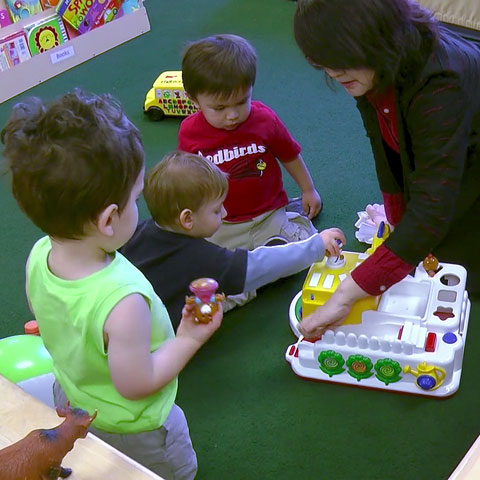
Self-Regulation: Foundation of Development
This Early Learning Moment provides an over view of the Self-Regulation: Foundation of Development section in the Illinois Early Learning Guidelines for Children Birth to Age 3.
-
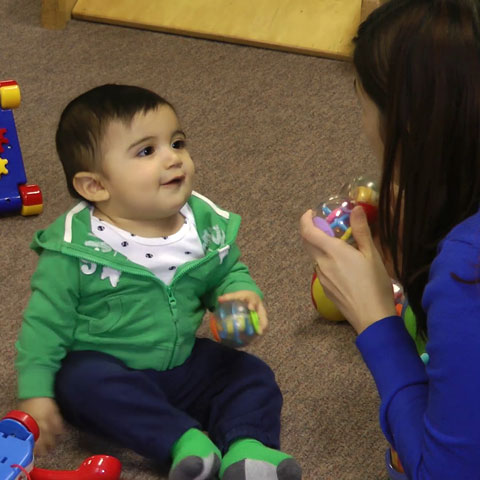
Look What This Can Do!
In this video, we see Mario and his mother, Norma, as they play in a playroom at a local community center. Norma shows Mario different ways to use the toys. When Mario bangs the toys together, Norma encourages his inventiveness by commenting on the creative ways Mario uses the toys to make noise.
-
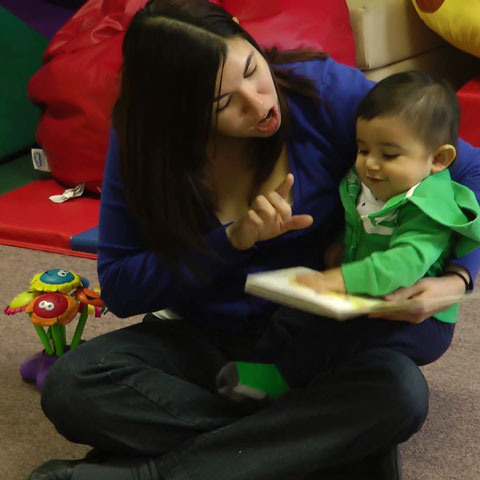
Sing Pío, Pío, Pío
A strong foundation for early literacy learning is created when caregivers and children read together, starting in infancy. Every time a caregiver reads, sings, and talks with a young child, they are building the child’s vocabulary and language skills.
-
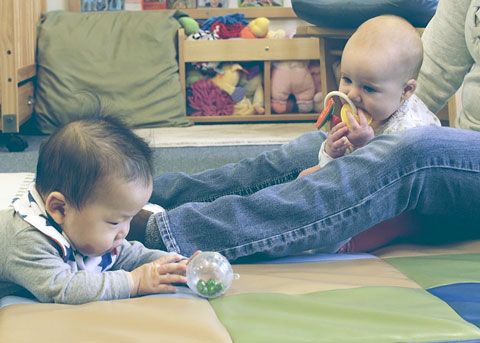
Cognitive Development
This section of the guidelines describes how infants and toddlers learn to think and reason. As they develop cognitive skills, they build understanding about the world around them. Their memory skills, spatial skills, and reasoning skills increase.
-
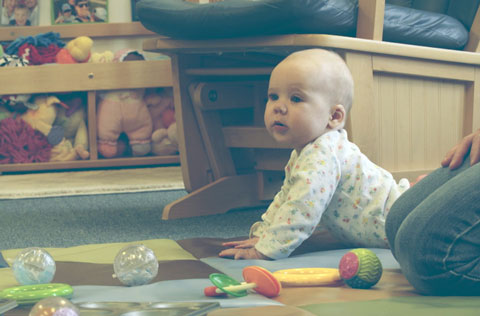
Physical Development and Health
This section of guidelines describes how infants and toddlers learn to move their bodies, take in their world through their senses, and carry out self-care routines. This section also explains how physical skills progress through development as young children’s bodies grow stronger and more able to move purposefully and with ease during everyday play and…
-

Toddlers and Tantrums
This list contains a variety of resources associated with toddlers and tantrums.
-

Encouraging Literacy Development in Infants and Toddlers
This list contains a variety of resources which can be helpful to teachers, parents, and caregivers in order to encourage literacy development in infants and toddlers.
-

Bonding, Books, and Children
These resources contain helpful information about how to bond with your child through literature at a young age.
-

Best Practices for Infant and Toddler Care
This resource list contains sources which can aid teachers and caregivers in selecting the best practices for infant and toddler care.
-

Healthy Teeth! Early Brushing and Early Visits to the Dentist
Do you remember your child’s first tooth and how it changed her smile? That first tooth is also a reminder to start good dental habits.
-
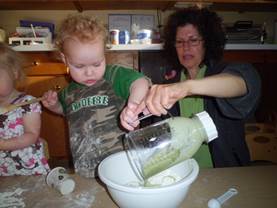
Cooking with Spinach
Shalan Knapke, Gail Lawrence, and Mindy MosesThe Honeybee Room: Infants and ToddlersSt. Ambrose University Children’s CampusDavenport, Iowa The Cooking with Spinach Project took place in the Honeybee room, the infant/toddler classroom of St. Ambrose Children’s Campus, which is part of St. Ambrose University in Davenport, Iowa. Children in the Honeybee room attend eight hours a…
-

Tech Time for Infants and Toddlers
Here are some ways families and caregivers can find a healthy balance with technology and electronic media in their lives.
-
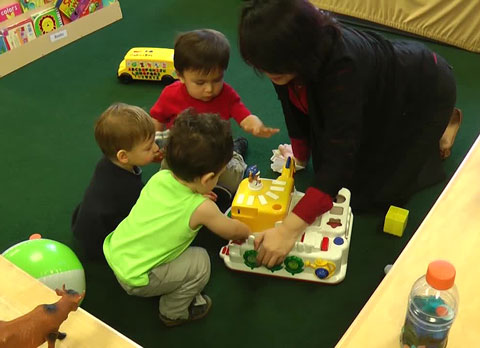
Press Here
Jayden (20 months), Mason (21 months), Spencer (20 months), and the teacher, Sui Ping, are sitting on the floor engaged with an activity box. Sui Ping is demonstrating for Mason how to make the small bear “jump” off the toy by pushing a button. The other two boys are also trying to play with the…
-

SIDS: Back to Sleep
Losing a baby to Sudden Infant Death Syndrome (SIDS) is a tragedy that devastates parents, family members, friends, and others who care for the child.
-
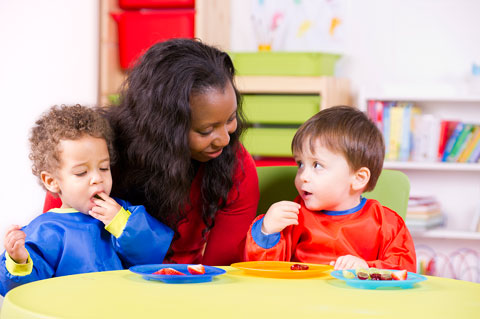
Choosing Child Care for Infants & Toddlers
Most parents have mixed feelings about having their infants or toddlers in child care. Those first few years of life are critical for growth, development, and learning.
-
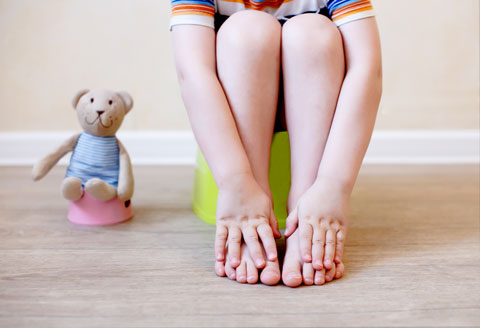
No More Diapers: Getting Started
Learning to use the toilet is a big step for a child. When your child seems ready, start slowly, and be patient.

